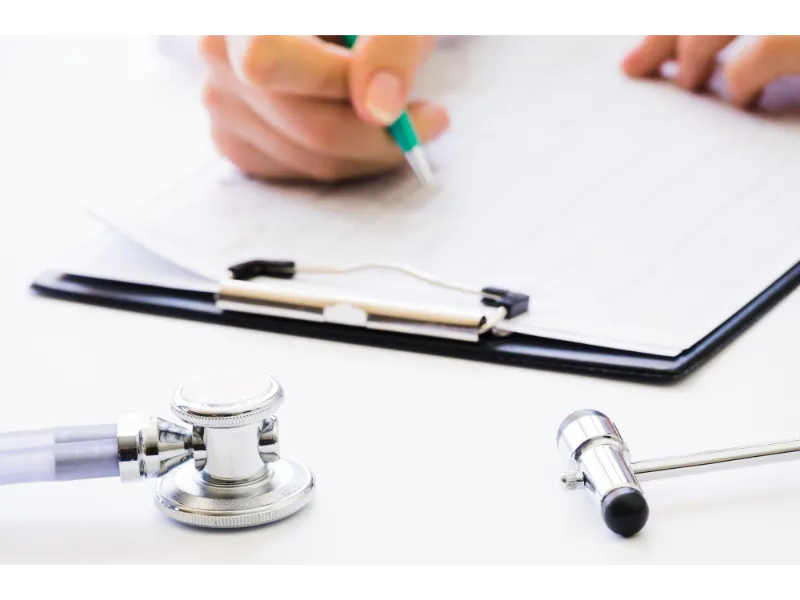Weight Loss Surgery FAQ
Weight Loss Surgery
Weight loss surgery is often the final option for people who are severely overweight and have tried unsuccessfully to lose excess pounds with traditional diet and exercise plans. There’s no question that weight loss surgery can help obese individuals lose those unwanted pounds, but deciding to have the surgery isn’t always that easy. The recovery period following weight loss surgery can be difficult, and many stories have emerged in the media about these difficulties. Even though modern technology has made the process a lot safer for the individual, many questions about the surgery remain. Anyone who is considering having weight loss surgery should schedule an appointment with their primary physician to get as much information about the surgery as possible. There is more than one type of weight loss surgery, and there are pros and cons to each of them.
The following are some of the most commonly asked questions about weight loss surgery
Weight Loss Surgery Facts
Q: How much weight can an individual expect to lose following the surgery?
A: The type of surgery you choose and your ability to follow the post-surgery guidelines typically determine the amount of weight you will lose. In general, individuals lose 2-3 pounds a week in the year following the surgery. After the first year, the amount of weight lost weekly will drop, and the loss will be gradual from that point. It is estimated that weight loss patients will lose about 36% of their excess weight after their surgery.
Q: What is the typical length of the recovery period?
A: Again, the type of surgery you have will determine how much recovery time you’ll need. Compared to other kinds of surgery, the shortest recovery time is seen in laparoscopic patients. Most patients are required to stay in the hospital for 24 hours after their procedure. And most patients can go back to their daily activities anytime between 1-6 weeks.
Q: Will weight loss surgery make me sick?
A: When people have to adjust to eating fewer calories, they often get dizzy or have headaches. But of course, the goal of any weight loss surgery is to reduce the amount of food you eat. In some cases, surgery patients feel nausea after they eat, and often the reason is simple – they were eating foods they shouldn’t have, or they didn’t chew their food properly. If a patient regularly experiences nausea and vomiting, a doctor should be consulted, as these conditions can lead to serious health issues.
Q: Is it necessary to have plastic surgery to remove the excess skin caused by my weight loss?
A: Plastic surgery is definitely an option that some people choose after they have lost a considerable amount of weight. The skin of patients who have been overweight for years is usually stretched, and doesn’t return to its original condition after extreme weight loss. Any patient who is considering weight loss surgery must wait for a year or more to have plastic surgery.
Q: Is it possible for me to get pregnant following the surgery?
A: For people who have had certain weight loss surgeries, the answer is yes. But most people are advised to wait for 12-18 months after weight loss surgery before getting pregnant. If you have Lap-Band surgery and become pregnant, the mother can get the added nutrition she needs by having the band loosened during pregnancy.
Q: Will constipation be an issue?
A: Because less fiber is being consumed than usual, it is normal for some patients to have constipation. Of course if the constipation becomes severe, you can get a prescription for a laxative from your doctor.








